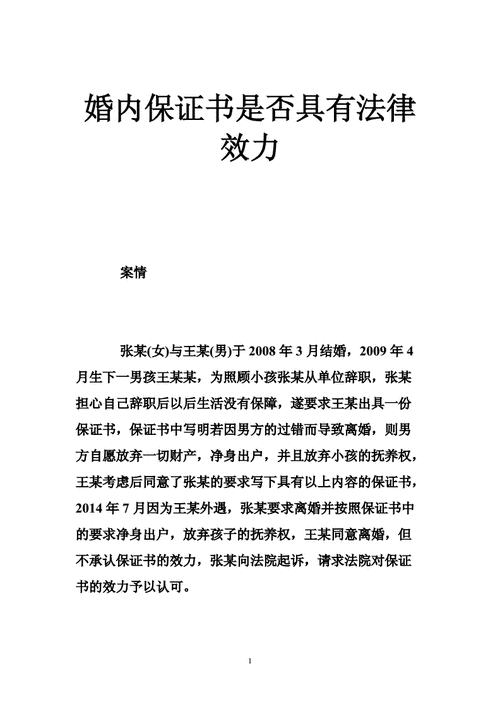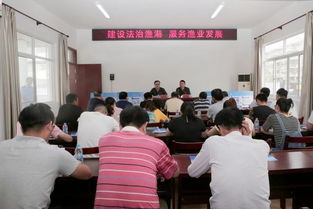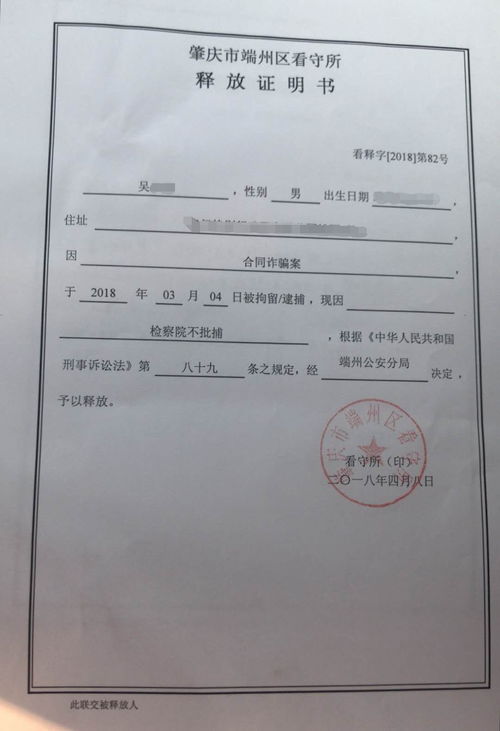International Legal Practitioner: A Comprehensive Overview
International law is a multifaceted field that requires a nuanced understanding of legal principles, diplomacy, and crosscultural communication. International legal practitioners play a crucial role in navigating the complexities of global affairs, representing clients in international disputes, negotiating treaties, and advising on matters of international human rights and trade law. In this guide, we'll delve into the key aspects of the profession, including education and qualifications, skills required, career paths, and the challenges and opportunities faced by international legal practitioners.
Education and Qualifications
Becoming an international legal practitioner typically requires a strong academic foundation in law and specialized knowledge in international law. Here are the typical steps:
1.
Undergraduate Education
: A bachelor's degree in law, political science, international relations, or a related field serves as the first step. Courses focusing on international law, comparative legal systems, and diplomacy can provide valuable insights.2.
Law School
: Prospective international legal practitioners usually pursue a Juris Doctor (J.D.) or equivalent law degree. During law school, students may choose to focus on international law through elective courses, internships, or participation in moot court competitions specializing in international law.3.
Advanced Studies
: Some practitioners opt for advanced degrees such as a Master of Laws (LL.M.) with a concentration in international law. These programs offer indepth exploration of various aspects of international law and can enhance career prospects.4.
Bar Admission
: After completing their legal education, aspiring international legal practitioners must pass the bar exam in their jurisdiction to obtain a license to practice law. Additionally, proficiency in languages such as English, French, Spanish, or Arabic—commonly used in international legal proceedings—can be advantageous.Skills Required
Successful international legal practitioners possess a diverse skill set that goes beyond legal knowledge. Essential skills include:
1.
Legal Research and Analysis
: Proficiency in researching international legal precedents, treaties, and case law is vital for building strong legal arguments.2.
CrossCultural Communication
: Effective communication skills are crucial for interacting with clients, colleagues, and stakeholders from diverse cultural backgrounds.
3.
Negotiation and Diplomacy
: International legal practitioners often engage in negotiations with counterparts from different countries, requiring diplomacy, tact, and problemsolving skills.4.
Critical Thinking
: The ability to analyze complex legal issues, anticipate potential challenges, and devise creative solutions is essential in international legal practice.5.
Language Proficiency
: Fluency in multiple languages, particularly those commonly used in international legal proceedings, can facilitate communication and enhance credibility.6.
Interdisciplinary Knowledge
: Understanding of political science, economics, and sociology can provide valuable context for interpreting international legal issues within broader geopolitical and social frameworks.Career Paths
International legal practitioners pursue diverse career paths across various sectors, including:
1.
Law Firms
: Many practitioners work for law firms specializing in international law, representing multinational corporations, governments, or nongovernmental organizations (NGOs).2.
Government Agencies
: Some practitioners join government agencies or intergovernmental organizations, such as the United Nations, the International Court of Justice, or the World Trade Organization, where they contribute to policymaking, treaty negotiations, or dispute resolution.3.
Corporate Counsel
: Inhouse legal departments of multinational corporations often employ international legal practitioners to navigate regulatory compliance, international transactions, and crossborder disputes.4.
NonGovernmental Organizations (NGOs)
: NGOs focused on human rights, environmental protection, or humanitarian aid hire international legal practitioners to advocate for legal reforms, represent marginalized communities, and provide legal assistance in conflict zones.5.
Academia and Research
: Some practitioners pursue academic careers, teaching and conducting research in the field of international law at universities and research institutions.Challenges and Opportunities
While international legal practice offers rewarding opportunities to work on global issues and contribute to the advancement of international law, practitioners also face several challenges, including:
1.
Complexity and Uncertainty
: International legal matters often involve complex legal frameworks, overlapping jurisdictions, and evolving norms, requiring practitioners to navigate uncertainty and adapt to changing circumstances.2.
CrossCultural Sensitivity
: Working across borders entails understanding and respecting diverse cultural norms, legal systems, and communication styles, which can present challenges in building trust and consensus.3.
Political and Geopolitical Dynamics
: International legal practitioners must navigate the political sensitivities and power dynamics inherent in global affairs, which can influence legal outcomes and negotiations.4.
Ethical Dilemmas
: Practitioners may encounter ethical dilemmas when representing clients with conflicting interests or operating in environments with human rights abuses or corruption.Despite these challenges, international legal practice offers immense opportunities for professional growth, global networking, and making a meaningful impact on pressing global issues such as climate change, human rights, and international peace and security.
In conclusion, the profession of an international legal practitioner requires a combination of legal expertise, diplomatic skills, cultural competence, and a commitment to upholding the rule of law on the global stage. By staying informed, adaptable, and ethically grounded, practitioners can navigate the complexities of international law and contribute to a more just and peaceful world.












评论